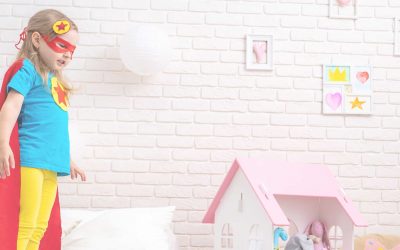Telling your child or children that you are going through separation and divorce from your partner (their other parent) is a hard thing to do. Here is a guide to children’s understanding at different ages/developmental stages and ideas about how best to support and respond to children when going through separation and divorce.
Infants
Pre-verbal children are usually thought to not understand or not notice changes in the parents’ relationships. They will, however, pick up on tension and may cry or become more clingy. Their sleep or feeding patterns might change. Periods of separation anxiety are normal for infants and toddlers. These very young children may find separations even more difficult or unsettling.
Keep young children as close as possible, hold them and talk softly with reassuring words. Tell them when you are leaving and that you will be back even if you do not think they understand yet.
Toddlers
Toddlers may demonstrate their upset through behavioural changes such as increased aggression, difficulties separating, clinginess, toileting issues, changes in sleep or eating, and they may search for the missing parent.
Keep routines the same as much as possible. Leave adequate time for transitions and separations. Provide physical and verbal reassurance. Expect regressions and respond to the child’s expressed need as much as possible e.g. if the child suffers a minor bump and screams about it, give them lots of cuddles; rock them if they like that. That may be the way they are expressing their more general upset.
Preschoolers and Elementary School Age
Young children are likely to blame themselves for their parent’s separation or divorce. They will likely have strong wishes or fantasies for their parents to get back together again. They may show their distress through behavioural outbursts, nightmares, regression, anxiety, and sadness.
Frequently tell young children that it is not their fault. Acknowledge their wishes for their parents to be together, but be honest about what the plan is, and don’t be afraid of telling them that you will not be getting back together if you will not. Read books about divorce (see here for some good examples). Show them physical and verbal affection. Let their teacher know what is happening so they can be sensitive to it too.
Preteens and Adolescents
Preteens and adolescents understand what divorce means but may struggle to accept it. They may intellectually know that it is not their fault but emotionally still feel that there was something they could have done to prevent it. They may feel angry with one or both parents. They may feel abandoned by the parent who moves out.
As you respond to children when going through separation and divorce, talk as honestly as you can about what is happening. As much as possible, maintain contact with the other parent. Avoid using older children as confidants. Seek out sources of peer support for them (e.g. ask them if they can think of any friends whose parents are divorced who they could talk to). Talk with your child about letting a teacher know so that they can talk to them if needed during the day and/or connect your child with any support groups or other resources.
For children of any age, it is important to try and maintain their contact with both parents, unless you are concerned that the other parent has been abusive or neglectful. If you have any such concern, you should report it to your local social services agency, and seek legal advice about contact.










